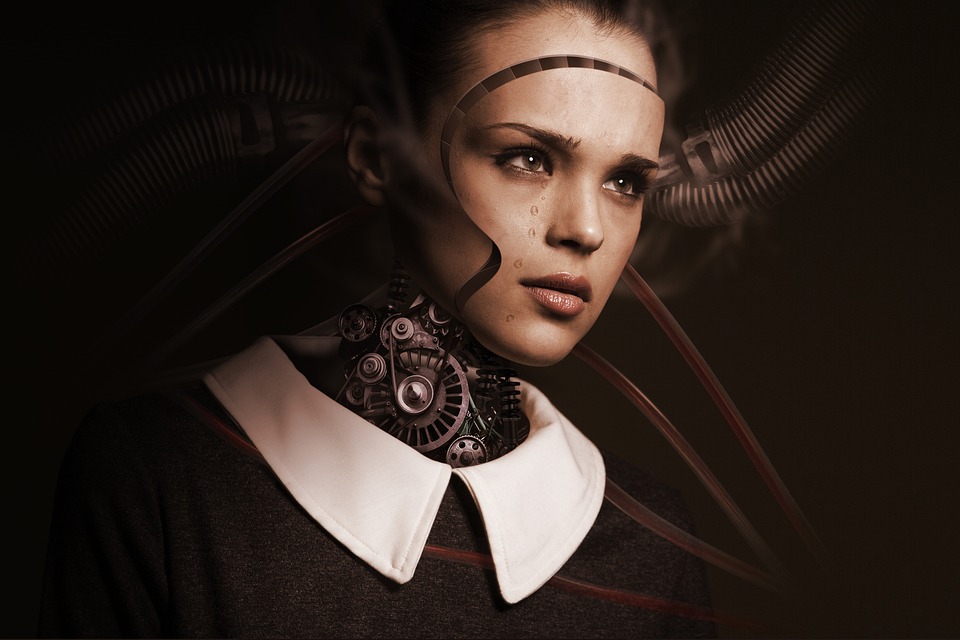 EMERGING TECH
EMERGING TECH
 EMERGING TECH
EMERGING TECH
 EMERGING TECH
EMERGING TECH
Artificial intelligence and “biohacking” will be among the key trends guiding the future of technology, according to one of Gartner Inc.’s most eagerly anticipated reports.
The report, released Monday, is based on Gartner’s famous “hype cycle,” which plots the lifespan of new technologies as they emerge from mere concepts, all the way through to their mass adoption, at which point they’re finally considered to be mainstream. But that only happens if they survive what is typically a roller-coaster ride.
In this year’s report, Gartner’s researchers are pretty confident that AI, at least, will emerge from the hype cycle unscathed. And it won’t be just data scientists and other nerdy types who get to enjoy it, as Gartner is confidently predicting that the “democratization” of AI will take place within the next few years.
There’s good reason for Gartner’s confidence. AI has been moving fast and is already a key area of research and development for many organizations. The fruits of these efforts can already be seen in algorithms that influence things such as social media feeds, autonomous vehicles, apps and even some call centers. And that rapid progress means that we’ll soon start seeing AI technology appear “virtually everywhere” over the next 10 years as it becomes available to the masses.
Gartner says movements and trends such as cloud computing, open-source technology projects and the “maker” community are fueling AI’s rise. It adds that AI is most prevalent in technologies such as AI platform as a service, artificial general intelligence, autonomous driving, autonomous mobile robots, flying autonomous vehicles, smart robots, conversational AI platforms, deep neural networks and virtual assistants.
“Technologies representing democratized AI populate three out of five sections on the Hype Cycle, and some of them, such as deep neural nets and virtual assistants, will reach mainstream adoption in the next two to five years,” said Mike Walker, research vice president at Gartner. “Other emerging technologies of that category, such as smart robots or AI PaaS, are also moving rapidly through the Hype Cycle approaching the peak and will soon have crossed it.”
Democratized AI is just one of five new technology trends likely to keep us preoccupied over the next decade. Among the others are “digitalized ecosystems,” in which compartmentalized PC systems will be replaced with alternatives capable of supporting wider ecosystems that will in turn enable new business models based on “internet of things” platforms, digital twin technologies and blockchain.
Meanwhile, the trend toward “transparently immersive experiences” will fuel the growth of “human-centric” technologies such as 4-D printing, smart homes and edge computing AI, Gartner said.
And although there are surely millions of people in the world who would never even touch it with a barge pole, Gartner seems to think there are millions more will embrace the idea of “do-it-yourself biohacking.”
“Over the next decade, humanity will begin its ‘transhuman’ era: Biology can then be hacked, depending on lifestyle, interests and health needs,” Gartner predicted.
Biohacking can be divided into four unique categories: technology augmentation, nutrigenomics, experimental biology and grinder biohacking. It’s enabled by new technologies that include biochips, biotech, cultured or artificial tissue, brain-computer interfaces, augmented reality, mixed reality and smart fabrics, Gartner said.
For now, we’re still in the early phase of biohacking with new implantable RFID chips and so on. But Gartner reckons we’ll see a lot of new experimental biotech emerge in the next few years, for example in the field of nutrigenomics, which might involve implanting chips in ourselves in order to support a healthier diet.
“However, questions remain about how far society is prepared to accept these kinds of applications and what ethical issues they create,” Gartner noted.
Gartner’s final trend is the rise of “ubiquitous infrastructure,” which refers to the rapid changes taking place in enterprise information technology infrastructure. The rise of trends such as cloud computing, container software and IoT is paving the way for the adoption of even newer technologies. Concepts such as carbon nanotubes, deep neural network ASICs, quantum computing and 5G are all set to become the norm within the next decade, according to Gartner.
“Business and technology leaders will continue to face rapidly accelerating technology innovation that will profoundly impact the way they engage with their workforce, collaborate with their partners, and create products and services for their customers,” Walker said.
THANK YOU